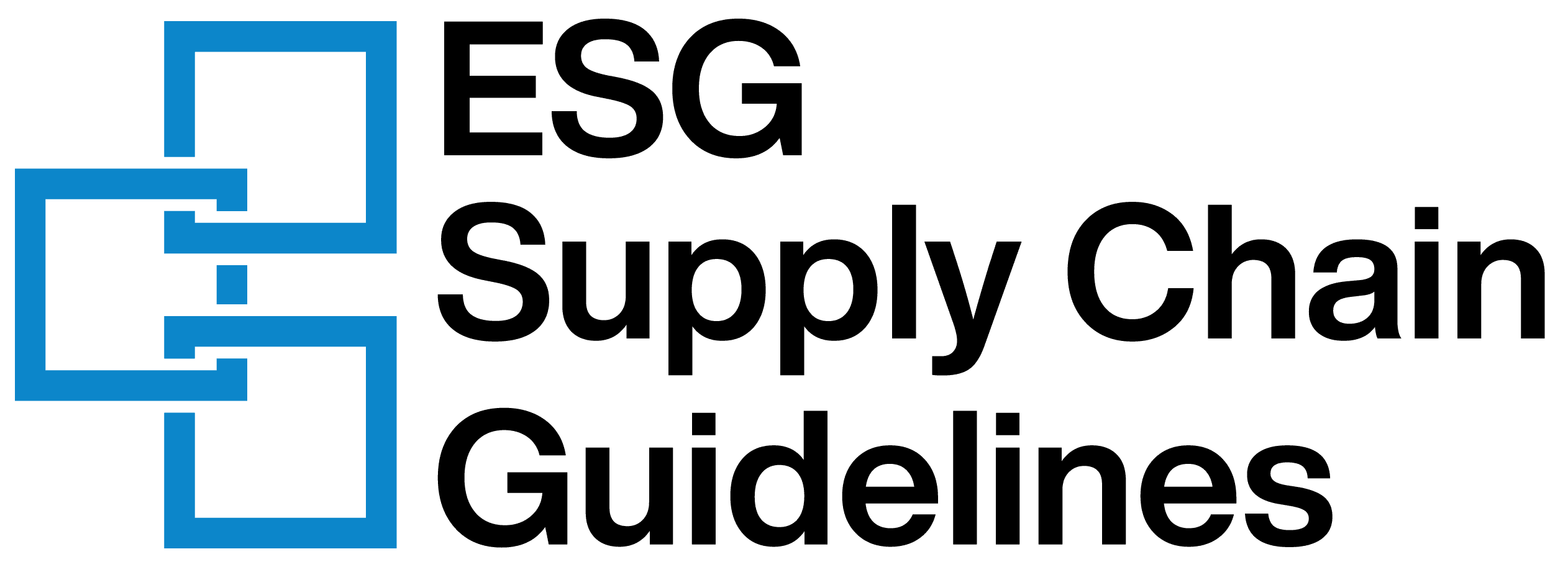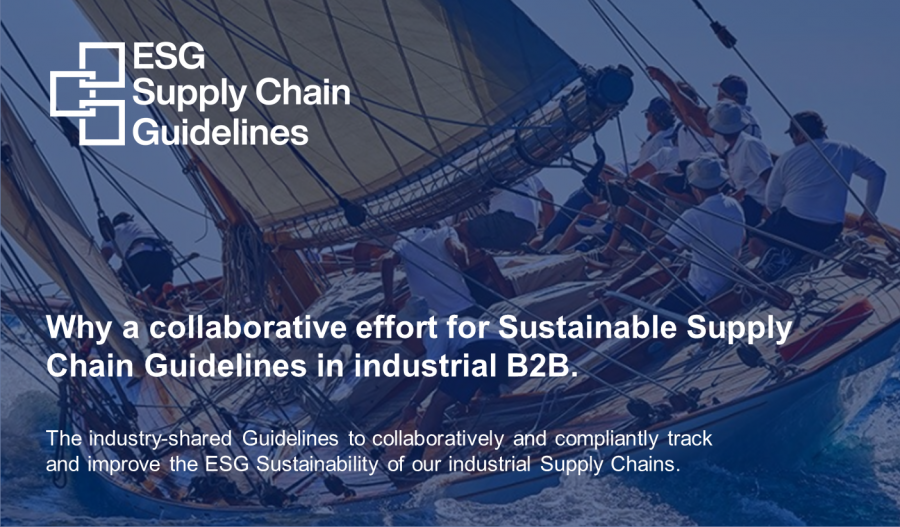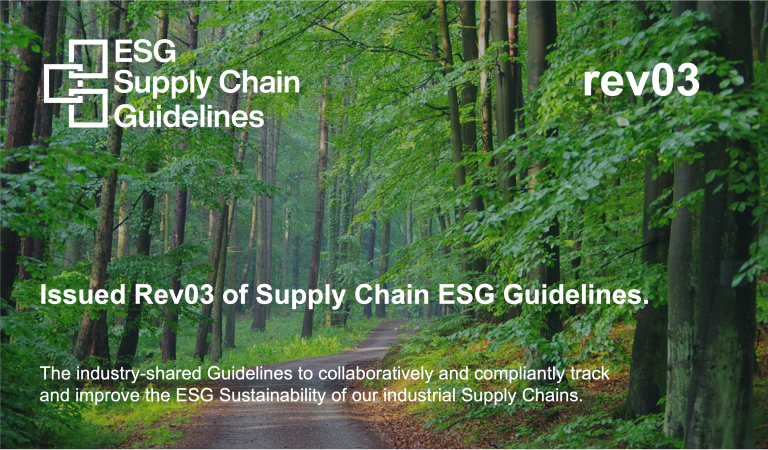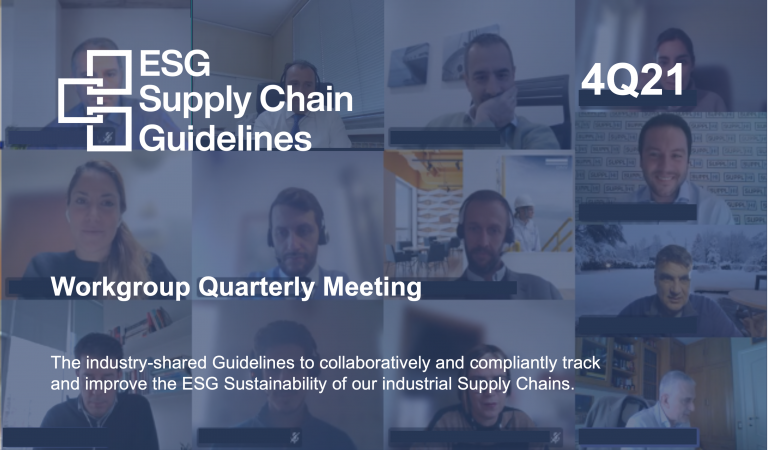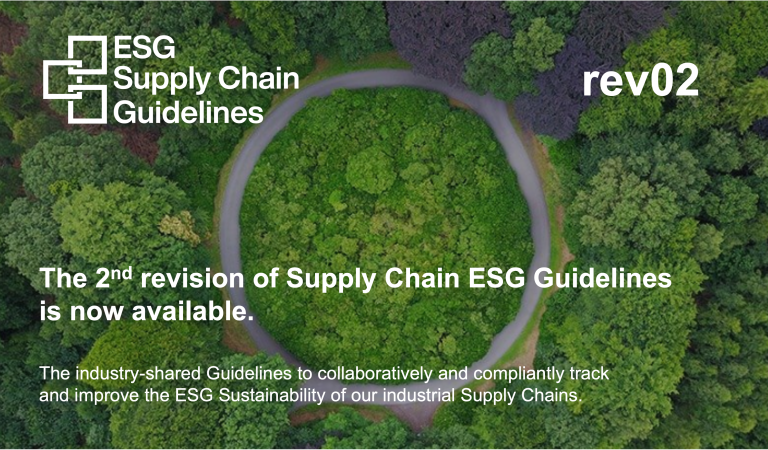SUSTAINABILITY IS AN INTANGIBLE ASSET
Goodwill, brand recognition, patents and reputation are long-term, intangible assets that have always played a crucial role in a Company’s success. But just how much are these intangible assets present in 2021?
A 2020 study on Intangible Asset Market Value states that a whopping 90% of all S&P 500 market value is represented by intangible assets. In this scenario, Sustainability emerged in the last two decades and has come to be one of the most important intangible asset a company can rely on.
While Sustainability is a vague and overused term that can be defined simply as “the ability to be maintained at a certain rate or level”, the financial markets and business circles refer to the more specific term of ESG (Environmental, Social and Governance) data as metrics with the ultimate goal to collect, measure and act through elements related to sustainability and societal impact of a company or business.
When it comes to Industrial B2B – where purchases typically make up over 50% of the revenues – measuring a company’s level of Sustainability across Environmental, Social and Governance dimensions necessarily implies measuring the ESG sustainability of all critical suppliers and sub-suppliers of this company, because “you are as ESG Sustainable as the last of your critical supplier is”.
WHY YOU SHOULD ESTIMATE YOUR SUSTAINABILITY
Going into a more detailed question, why should a company undertake the ambitious effort of measuring its Sustainability through metrics and subsequently act on the collected ESG data?
Let us check together some of the most relevant reasons:
- ESG Sustainability is becoming a universally recognized value;
- Lenders and End-Users are imposing ESG Sustainability requirements more and more frequently;
- ESG Sustainability has the potential to become the new “quality system” in the next decades;
- The EU is leading in the implementation of ESG regulation, also leveraging on the involvement of the banking system;
- Sustainability is a core value in the re-start after COVID-19;
- Generation Green will drive the future of investments, 41% of high-net-worth individuals (HNWIs) younger than 40y.o. are interested in sustainable investing, as compared with 27% of HNWI respondents overall.
Furthermore, several studies comparing the different development of companies over the last 2 decades show that companies that invested in measuring and reducing their environmental and societal impact outperform those that didn’t.
While there are several international standards for the assessment of B2B Supply Chain’s sustainability focusing typically on some specific aspects, there has been a lack of a Guidelines on metrics to assess ESG performance for Vendors in the Industrial B2B Supply Chain, making it extremely complex to assess sustainability with data that can be sourced by data providers.
To tackle this issue and drive standardization and industry-shared value into the field of ESG Sustainable Supply Chain, since 2019 a dedicated working group – always open to new participants and comprised of leading Associations and international Players – is being collaborating to define the industry-shared ESG Guidelines for Industrial B2B Supply Chain, created by the Industry, for the Industry.
